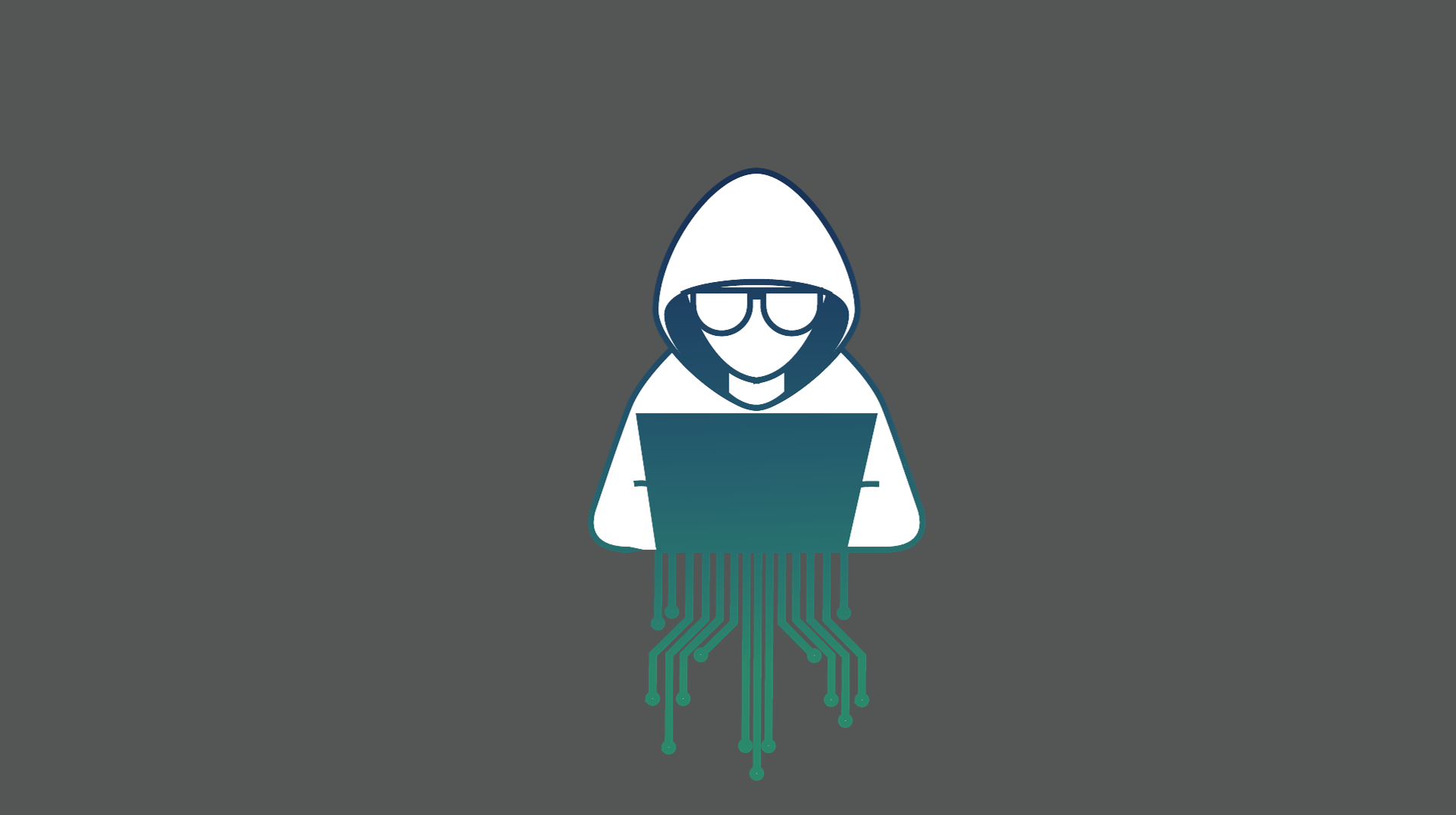In today’s digital landscape, protecting your business from cyber attacks is more crucial than ever.
Small businesses, in particular, are vulnerable targets, making it imperative to have a comprehensive plan in place.
Cyber security has become as critical to businesses as sales and finance, emphasizing the need for proactive measures.
This article will provide you with practical steps and best practices to safeguard your business from cyber threats.
Understanding the Importance of Cybersecurity
Understanding the importance of cybersecurity is the first step toward protecting your business from cyber attacks.
Recognize that no business, regardless of its size or industry, is immune to cyber threats. Cybersecurity should be integrated into your overall business strategy, just like sales and finance. By prioritizing cybersecurity, you demonstrate your commitment to protecting your customers, employees, and business assets.

Educate Your Employees on Cyber Risks
Importance of Employee Education
Educating your employees about cyber risks is a vital first step in protecting your business.
Ensure they understand the potential threats and how to mitigate them.
By fostering a culture of cyber awareness, you empower your team to be proactive in identifying and reporting suspicious activities.
Conduct Regular Training Sessions
Organize regular training sessions to keep employees updated on the latest security practices. Cover topics such as password hygiene, phishing awareness, and safe browsing habits.
Encourage employees to report any potential security incidents promptly.
By investing in employee education, you create a stronger defense against cyber attacks.
Read Also : Choosing the Right Partner for Custom Website Design in Dubai
Identify and Protect Sensitive Data
Distinguish Sensitive Data
Understanding what constitutes sensitive data is crucial for effective protection.
Identify and classify the information that, if compromised, could harm your business or clients.
This may include financial data, customer information, or intellectual property.
Implement Data Encryption
Implement robust encryption measures to secure sensitive data.
Encryption adds an extra layer of protection by encoding information, making it unreadable to unauthorized individuals.
Utilize encryption technologies such as Secure Sockets Layer (SSL) certificates to safeguard data transmission over networks.
Secure Your Hardware and Software
Keep Software Up to Date
Regularly update all software, including operating systems and applications, to ensure you have the latest security patches.
Cyber criminals often exploit vulnerabilities in outdated software.
Enable automatic updates whenever possible to streamline this process.
Install Firewalls and Antivirus Software
Protect your business network by installing firewalls and reliable antivirus software.
Firewalls act as a barrier between your internal network and external threats, monitoring and filtering incoming and outgoing network traffic.
Antivirus software scans files and applications for known malware, preventing infections and unauthorized access.
Restrict Staff and Third-Party Access
Role-Based Access Control
Implement role-based access control (RBAC) to limit access to sensitive data.
Assign access permissions based on job roles and responsibilities, ensuring employees only have access to the information necessary to perform their tasks.
Regularly review and update access privileges to maintain security.
Vendor and Third-Party Management
When working with vendors and third-party partners, ensure they meet robust security standards.
Establish clear security requirements in contracts and agreements, outlining data protection protocols and incident response procedures.
Regularly assess and monitor their security practices.
Regularly Updating Software and Systems
Keeping your software and systems up to date is critical for safeguarding your business against known vulnerabilities.
Regularly install security updates, patches, and bug fixes provided by software vendors. Outdated software can serve as an entry point for cybercriminals, so staying current with updates is essential.
Read Also : Professional WordPress Development in Dubai
Backing Up Data and Implementing Disaster Recovery Plans
Implementing a robust backup strategy is crucial for protecting your business from data loss caused by cyber attacks.
Regularly back up your critical data and store it securely in an offsite location or on cloud-based platforms.
Additionally, develop and test disaster recovery plans to ensure your business can quickly recover from a cyber attack or other disruptive events.
Monitoring and Detecting Cyber Threats
Implement proactive monitoring and detection systems to identify potential cyber threats before they cause significant damage.
Utilize intrusion detection systems, log analyzers, and security information and event management (SIEM) tools to monitor network activity and detect any suspicious behavior or anomalies.
Promptly investigate and respond to potential threats to minimize their impact.
Seeking Professional Assistance
Consider engaging the services of cybersecurity professionals or consultants to assess your company’s vulnerabilities and provide recommendations for improvement.
They can conduct comprehensive risk assessments, penetration testing, and security audits to identify potential weaknesses and propose effective solutions tailored to your business needs.
Considering Cyber Insurance
As cyber threats continue to evolve, consider obtaining cyber insurance coverage to protect your business financially.
Cyber insurance policies can provide coverage for various aspects, including legal expenses, data breach notification costs, and financial losses resulting from cyber attacks.
Consult with insurance providers to understand the coverage options available and select a policy that aligns with your business requirements.
Read Also : List of Best Web Development Agencies in Dubai
Best cyber security for small business
For small businesses, ensuring robust cybersecurity is crucial. Here are some top cybersecurity solutions to consider:
- Bitdefender: Offers comprehensive protection with features like antivirus, anti-phishing, and ransomware protection.
- Norton Small Business: Provides easy-to-manage security with malware protection and device security.
- Kaspersky Small Business: Includes endpoint security, network protection, and mobile device security.
- McAfee Total Protection: Features identity theft protection, secure cloud storage, and multi-device coverage.
- Sophos: Offers next-gen endpoint protection, network security, and advanced threat protection.
Implementing these solutions can help safeguard your business from various cyber threats.

Conclusion
Protecting your business from cyber attacks requires a proactive and comprehensive approach.
By understanding the importance of cybersecurity, educating your employees, securing sensitive data, implementing robust hardware and network security measures, and staying updated with software patches, you can significantly reduce the risk of cyber threats.
Additionally, developing incident response plans, training employees, seeking professional assistance, and considering cyber insurance further enhance your business’s resilience against cyber attacks.
FAQ
Are small businesses more vulnerable to cyber attacks?
Yes, small businesses are often targeted by cybercriminals due to their potentially weaker security measures and limited resources for cybersecurity.
What is the role of employee training in preventing cyber attacks?
Employee training plays a crucial role in preventing cyber attacks by raising awareness about potential risks, teaching safe practices, and empowering employees to identify and report suspicious activities.
Why is it important to regularly update software and systems?
Regular software and system updates are vital for addressing known vulnerabilities and patching security flaws that cyber attackers may exploit.
What is the principle of least privilege?
The principle of least privilege refers to granting users or employees the minimum level of access required to perform their job functions, reducing the risk of unauthorized access and potential damage.
How can cyber insurance benefit businesses?
Cyber insurance can provide financial protection and support in the event of a cyber attack, covering costs associated with data breaches, legal expenses, and financial losses.

